.png)
Many American couples face the emotional and financial struggles of infertility. In Vitro Fertilization (IVF) offers hope, but U.S. costs often exceed $20,000 per cycle and are rarely covered by insurance. To make IVF more affordable, many are turning to Costa Rica for quality fertility care.
Costa Rica has become a top medical tourism destination for IVF. It offers advanced fertility clinics, skilled specialists, and significantly lower treatment costs. This guide explains the IVF process, costs, legal aspects, and how to choose the best clinic in Costa Rica.
Key Takeaways
-
Significant Financial Savings: U.S. couples can save between 50% and 70% on the cost of an IVF cycle in Costa Rica compared to the United States. This makes multiple cycles, if needed, a more feasible option.
-
High-Quality Medical Care: Costa Rica boasts state-of-the-art fertility clinics with modern technology and specialists who are often U.S. or European-trained. Many clinics are internationally accredited, adhering to the highest standards of care.
-
Favorable Legal Environment: After a landmark ruling, IVF is legal and well-regulated in Costa Rica, offering a secure and ethical framework for both local and international patients, including access to donor eggs and sperm.
-
IVF Costs at a Glance:
-
Costa Rica: A standard IVF cycle typically costs between $6,000 and $8,500.
-
United States: The same procedure averages $20,000 to $25,000, and can be much higher in major metropolitan areas.
-
Mexico: IVF in Mexico generally ranges from $7,000 to $9,500.
-
Spain: A popular European destination, Spain offers IVF for approximately $7,500 to $10,000.
-
Understanding the In Vitro Fertilization (IVF) Process
In Vitro Fertilization is an advanced reproductive technology that involves fertilizing an egg with sperm outside the body, in a laboratory setting. The resulting embryo is then transferred to the uterus with the goal of achieving a successful pregnancy.
The IVF journey is a multi-step process that requires careful coordination and medical supervision. While each patient's protocol is personalized, the core stages generally remain the same.
-
Ovarian Stimulation: The female partner receives fertility medications (hormone injections) for several days to stimulate the ovaries to produce multiple mature eggs, rather than the single egg that typically develops each month.
-
Egg Retrieval: This is a minor surgical procedure performed under sedation. The specialist uses an ultrasound-guided needle to aspirate the mature eggs from the ovarian follicles.
-
Sperm Collection and Fertilization: On the same day as the egg retrieval, the male partner provides a sperm sample. In the lab, the embryologist combines the most viable sperm with the retrieved eggs. A common technique used is Intracytoplasmic Sperm Injection (ICSI), where a single sperm is injected directly into each egg to maximize fertilization rates.
-
Embryo Culture: The fertilized eggs, now embryos, are cultured in a specialized incubator for 3 to 5 days, allowing them to grow and develop.
-
Embryo Transfer: The highest quality embryo (or embryos) is selected and transferred into the woman's uterus using a thin, flexible catheter. This is a simple, painless procedure that does not require anesthesia.
-
The Two-Week Wait and Pregnancy Test: Following the embryo transfer, the patient waits about two weeks before taking a blood test to determine if the procedure has resulted in a pregnancy.
.png)
Why Choose Costa Rica for Your IVF Journey?
Costa Rica's unique combination of medical excellence, affordability, a supportive legal framework, and a tranquil recovery environment makes it a highly attractive option for U.S. couples seeking fertility treatment.
The decision to travel abroad for medical care is significant. Here are the compelling reasons why Costa Rica stands out as a top choice for IVF:
-
Unbeatable Affordability: The financial relief is the most immediate benefit. The lower cost of living and operational expenses in Costa Rica translate into dramatic savings on treatment, allowing couples to allocate resources towards travel, accommodation, or even future cycles if necessary.
-
Highly Qualified Specialists: Costa Rican fertility doctors are renowned for their expertise and compassionate approach. Many have received their training and certifications in the United States or Europe and are members of international reproductive medicine societies like ASRM (American Society for Reproductive Medicine).
-
State-of-the-Art Clinics: Fertility centers in Costa Rica are equipped with the latest technology found in top U.S. clinics, including advanced embryology labs, genetic testing facilities (PGT-A), and modern procedural rooms.
-
"Pura Vida" - The Perfect Healing Environment: The national slogan, "Pura Vida" (Pure Life), reflects the country's stress-free and positive lifestyle. The opportunity to undergo treatment surrounded by lush rainforests, serene beaches, and a culture focused on well-being can have a profound, positive impact on the emotional journey of IVF.
Did You Know? Costa Rica consistently ranks high in global happiness and wellness indices. This focus on a healthy, low-stress lifestyle, combined with its universal healthcare system, has contributed to one of the highest life expectancies in the world, surpassing even the United States.
A Detailed Breakdown of IVF Costs in Costa Rica
The cost-effectiveness of IVF in Costa Rica is a primary draw for international patients. A single cycle can be thousands of dollars cheaper than in the U.S., without any sacrifice in the quality of technology or medical expertise.
Understanding the full financial picture is crucial. The table below provides a clear comparison of average IVF costs across different countries.
Potential Additional Costs to Consider:
-
Fertility Medications: These can cost between $1,500 and $3,000.
-
ICSI (Intracytoplasmic Sperm Injection): Often included in packages, but can be an add-on.
-
PGT-A (Preimplantation Genetic Testing for Aneuploidy): This tests embryos for chromosomal abnormalities and can add $2,000 - $4,000 to the total cost.
-
Egg/Sperm Donor: If required, using a donor will increase the overall cost.
-
Travel and Accommodation: Flights, lodging, and daily expenses for the duration of your stay (typically 2-3 weeks).
Even with these additional expenses, the total cost of undergoing IVF in Costa Rica remains significantly lower than a single cycle in the United States.
Finding a Reputable Fertility Clinic in Costa Rica
Choosing the right clinic is the most critical decision in your medical tourism journey. Prioritize clinics with international accreditations, transparent success rates, and experienced, English-speaking staff.
Here are the essential steps to guide your selection process:
-
Look for Accreditations: Check if the clinic has accreditations from recognized bodies. While JCI is common for hospitals, fertility clinics might be certified by local health authorities and follow guidelines from international organizations like the Latin American Network of Assisted Reproduction (REDLARA).
-
Verify Specialist Credentials: Research the lead fertility specialists. Look for their educational background, training (especially international training), and years of experience in the field of reproductive endocrinology.
-
Request Success Rates: Ask the clinic for their latest success rates, broken down by age group. While success is never guaranteed, transparent and verifiable statistics are a sign of a reputable clinic.
-
Read Patient Testimonials: Seek out reviews from other international patients. Their firsthand accounts can provide invaluable insight into the patient experience, communication, and overall quality of care.
-
Engage with a Medical Tourism Partner: Working with a facilitator like PlacidWay can streamline the process. We vet clinics and specialists, ensuring they meet our high standards for quality and patient care, and we can help you get direct quotes and schedule consultations.
Expert Insight: "When evaluating a fertility clinic abroad, communication is key. The clinical team should be responsive, fluent in English, and willing to answer every question you have, no matter how small. Feeling a sense of trust and personal connection with your medical team is crucial for a positive IVF experience, especially when you are far from home."
.png)
The Step-by-Step IVF Process for a U.S. Couple
The logistics of undergoing IVF in Costa Rica are well-managed by top clinics that cater to international patients. A typical journey involves a preliminary remote consultation followed by a stay of approximately two to three weeks in the country.
Here is a typical timeline:
Phase 1: Remote Consultation and Preparation (from the U.S.)
-
Initial contact with the clinic and sharing of medical records.
-
A video consultation with the fertility specialist to discuss your case and formulate a treatment plan.
-
The clinic may coordinate with a monitoring center near your home for initial ultrasounds and bloodwork.
-
You will receive prescriptions for fertility medications, which you can often fill in the U.S. and start before you travel.
Phase 2: Arrival and Treatment in Costa Rica (2-3 Week Stay)
-
Week 1: Arrive in San José, Costa Rica. You will have an in-person consultation and begin your cycle monitoring at the clinic, which involves regular ultrasounds and blood tests.
-
Week 2: The egg retrieval procedure will take place, followed by fertilization and embryo culture in the lab.
-
Week 2/3: The embryo transfer is performed. After the transfer, it is recommended to have a day or two of rest and relaxation.
-
Departure: You are typically cleared to fly home 1-2 days after the embryo transfer.
Phase 3: Post-Transfer and Follow-up (Back in the U.S.)
-
You will continue any prescribed medications (like progesterone) at home.
-
Approximately 10-12 days after your return, you will have a pregnancy blood test done at a local lab to see if the cycle was successful.
-
The Costa Rican clinic will remain in contact with you to guide you through the next steps, regardless of the outcome.
Combining Treatment with a Peaceful Retreat
One of the most unique aspects of choosing Costa Rica for IVF is the ability to turn a stressful medical process into a restorative retreat. The country’s natural beauty and tranquil atmosphere provide the perfect backdrop for emotional and physical healing.
Instead of the clinical environment of home, your "two-week wait" can be spent in a comfortable hotel or a peaceful Airbnb surrounded by nature. Gentle activities like walking in a rainforest, visiting a volcano, or simply relaxing by a pool can help reduce stress, which is widely believed to be beneficial during the IVF process. This holistic approach to fertility treatment is a defining feature of the Costa Rican experience.
FAQs About IVF in Costa Rica
Is IVF legal in Costa Rica?
Yes. After a 2015 ruling by the Inter-American Court of Human Rights, IVF was fully legalized and is now a well-regulated medical procedure in Costa Rica, available to both citizens and international visitors.
Are the success rates in Costa Rica comparable to the U.S.?
Yes, top fertility clinics in Costa Rica report success rates that are comparable to, and sometimes even exceed, the U.S. national average. These rates are heavily dependent on the woman's age and the specific cause of infertility.
Is there a long waiting list for treatment or for egg donors?
Generally, there are no long waiting lists for IVF treatment in Costa Rica. The country also has established egg and sperm donor programs with a diverse pool of donors, making it a viable option for couples who require this service.
How much time do I need to take off from work?
You should plan to be in Costa Rica for approximately 15 to 21 days to complete the entire on-site process, from final monitoring to the embryo transfer and a brief rest period afterward.
Do I need to speak Spanish?
While learning a few basic phrases is always appreciated, it is not necessary. Major fertility clinics that cater to international patients have English-speaking doctors, nurses, and international patient coordinators to assist you every step of the way.
Is Costa Rica a safe country for travelers?
Costa Rica is considered one of the safest and most stable countries in Latin America. It has a well-developed tourism infrastructure, and exercising standard travel precautions is sufficient for a safe and enjoyable trip.
Begin Your Family-Building Journey with PlacidWay
The path to parenthood can be challenging, but you don't have to walk it alone. PlacidWay connects you with leading, pre-screened fertility clinics in Costa Rica, ensuring you receive the highest standard of care at an affordable price. Let us help you navigate your options, get free personalized quotes, and take the first step towards your dream of a family.
Contact PlacidWay today for a free consultation and to learn more about IVF in Costa Rica.


.png)
.png)



.png)
.png)
.png)

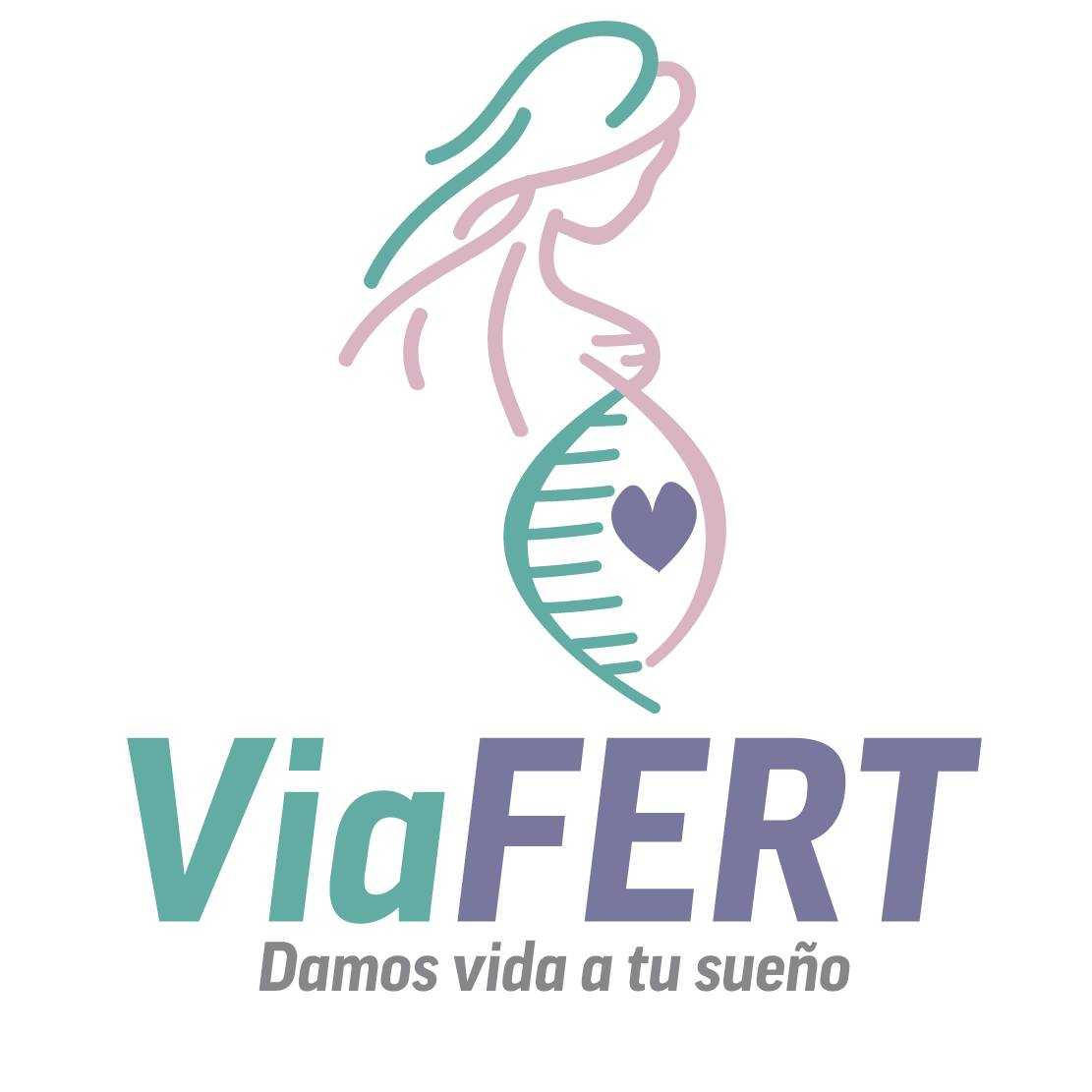
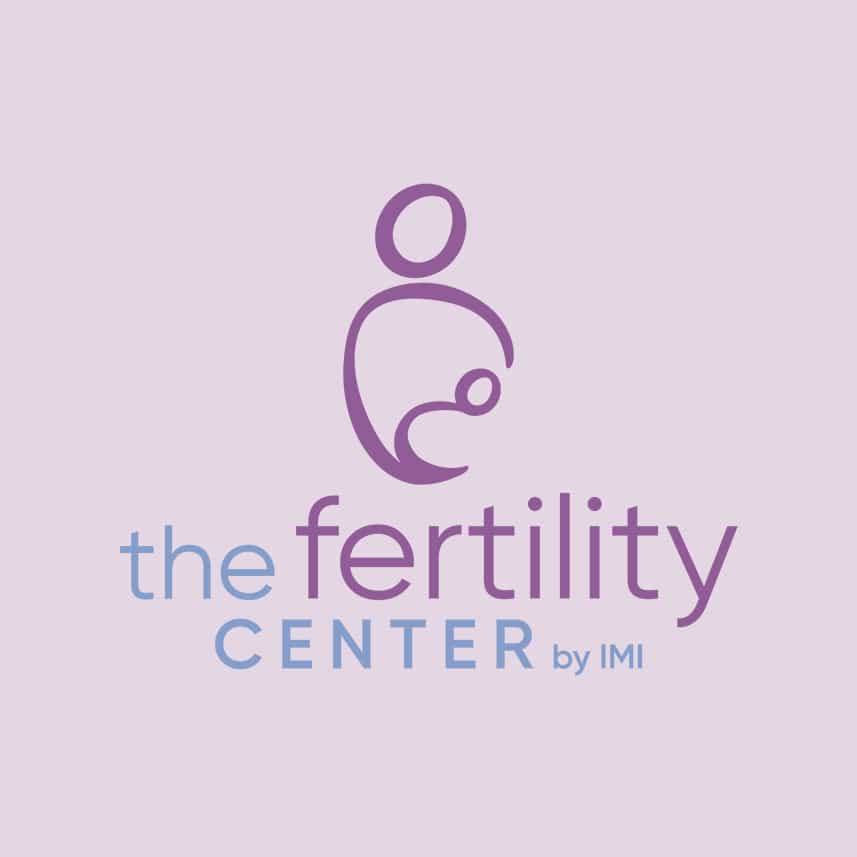
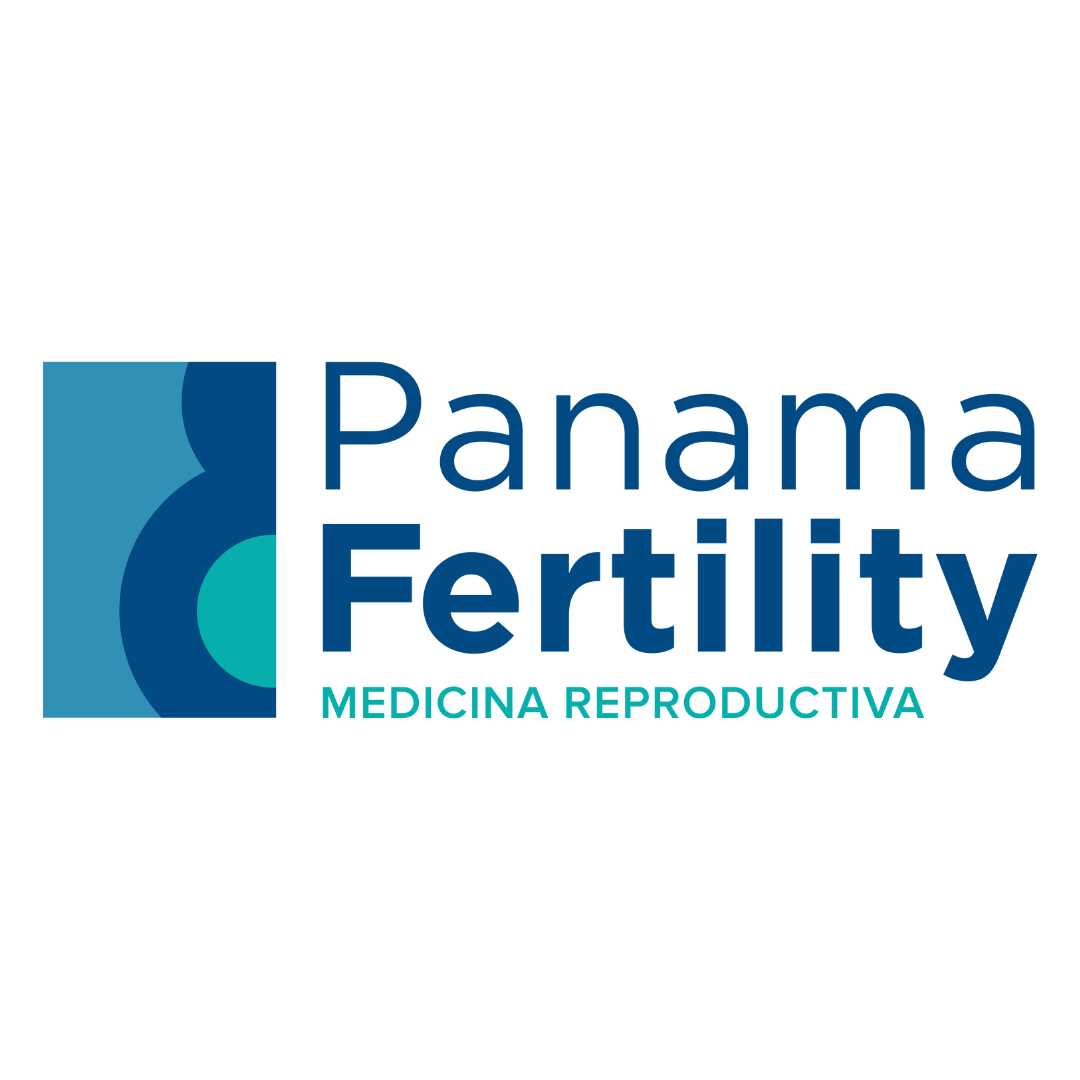
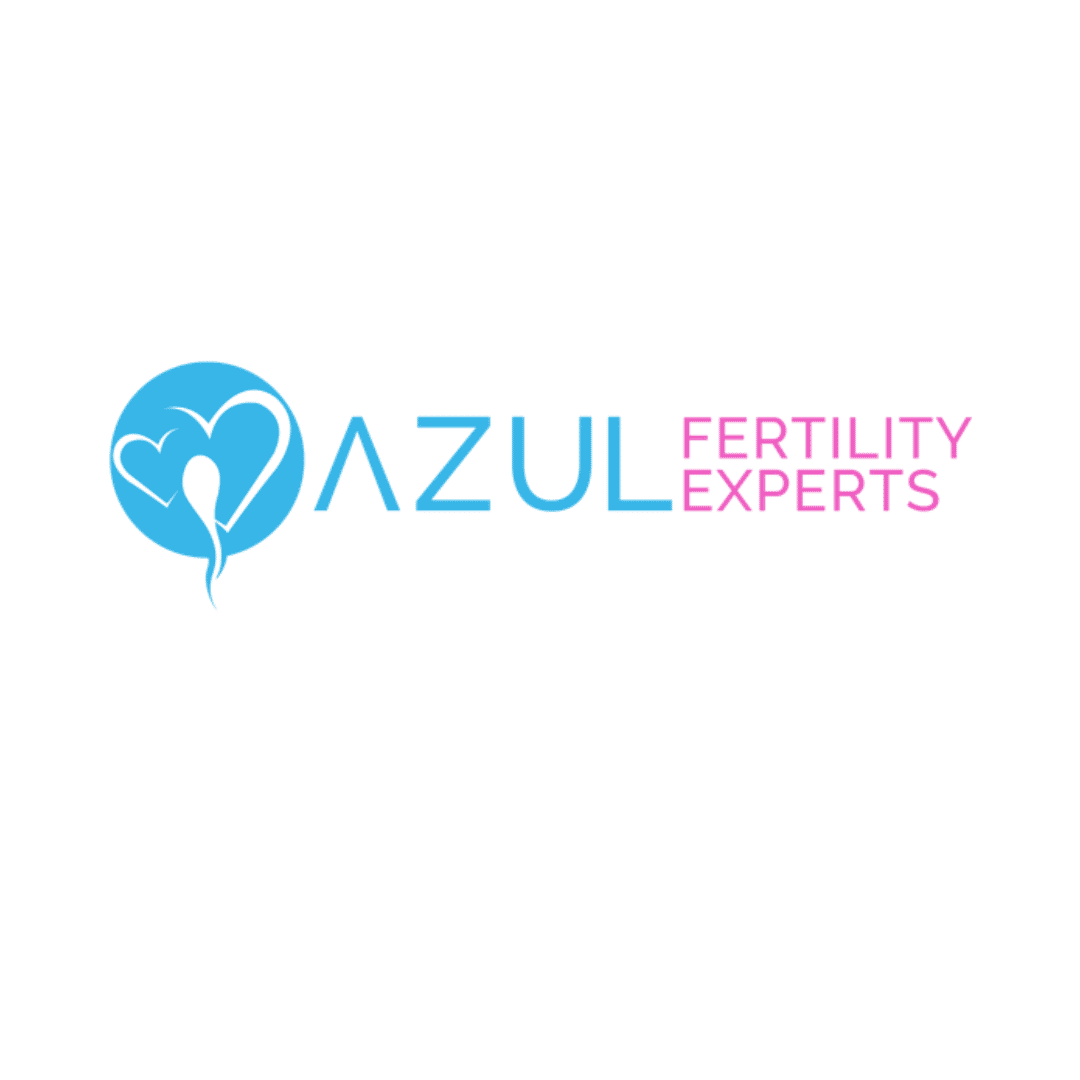
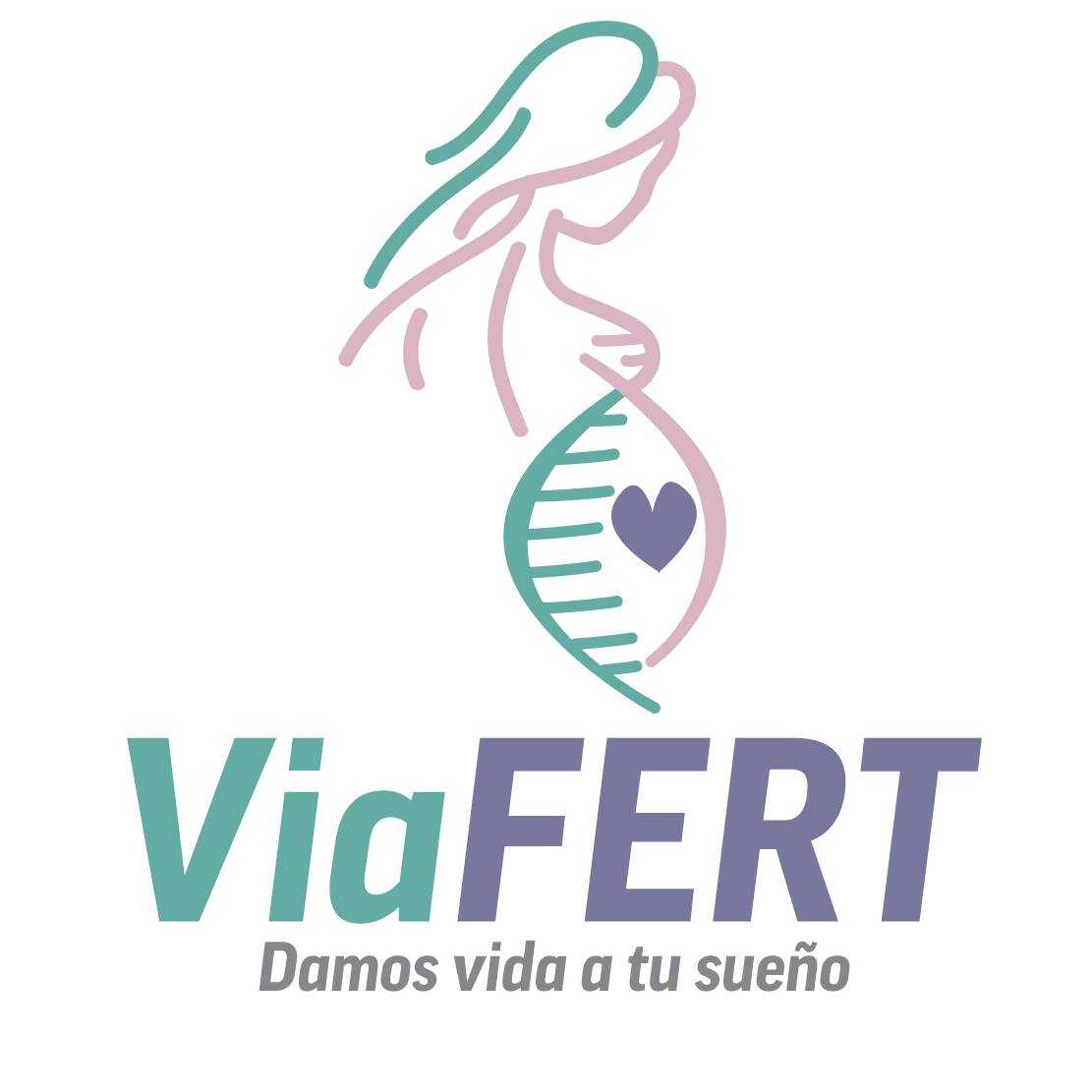

Share this listing